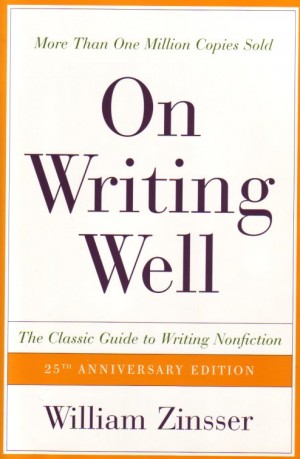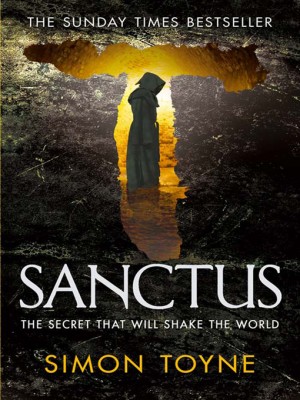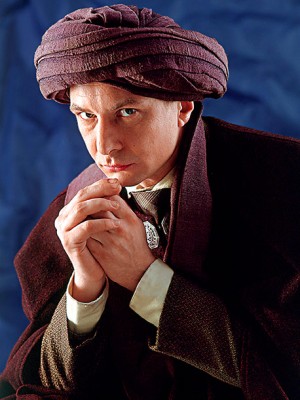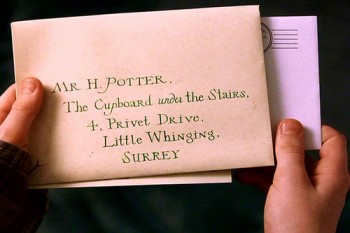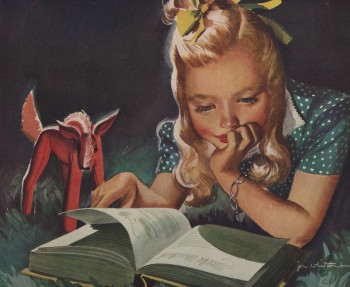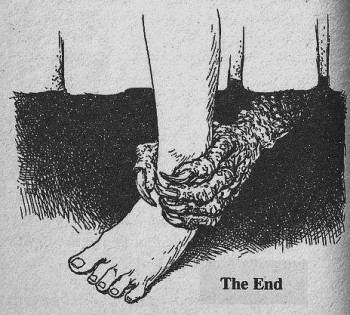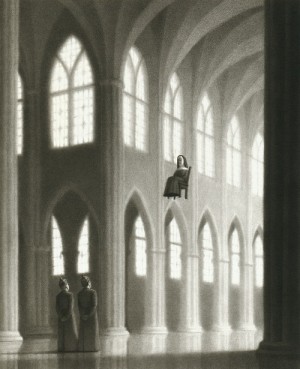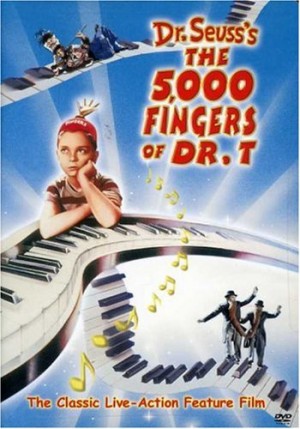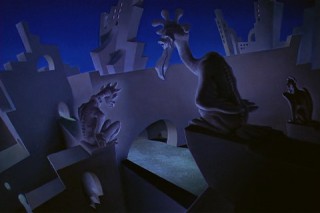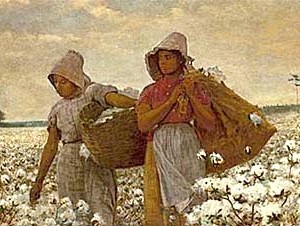A few weeks ago my husband sent me an article that he’d stumbled across in the New York Times and thought I might enjoy. The article is about William Zinsser, author of On Writing Well, and how his career has grown and changed throughout the decades of his very long life. Zinsser has been many things: student, soldier, journalist, novelist, professor, editor, jazz pianist, and that’s naming only a few. And now, legally blind and 80 years young, Zinsser has embarked on yet another career: mentor and writing coach for novelists and journalists struggling to succeed in the difficult world of publishing.
I found this article incredibly inspiring. There are few people in this world who can truly call themselves masters of any one career or trade, let alone become leaders in many fields over the course of their lives. Zinsser has approached each new opportunity in his life with passion and determination, but also with the curious attitude that when one thing inevitably passes, another opportunity will, also inevitably, arise. I’ve heard people say “When one door closes, open a window;” I think Zinsser might say “When one door closes, open all the windows in the house, plus air out the basement and the attic and poke your head in some wardrobes to see if Narnia is hiding inside.”
